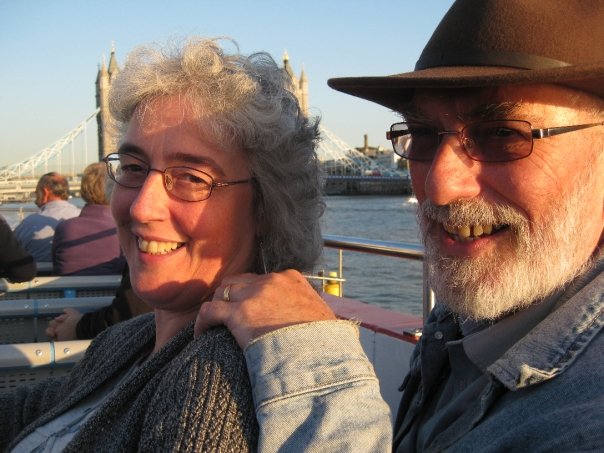As I headed on the last leg of the journey to Keswick another contrast between my experience and that of others occurred to me, this time not based on an Old Testament story, which had, at least for the moment, been put on the back burner for consideration later. Instead I got to thinking on the difference between being a child when I was starting out in life and what it was like for my children. In my day there was no such thing as a preschool social experience and so, when I went to school, I went straight from one environment to another with nothing in-between to ease my way. I was thrust from the loneliness of being an only child into a world peopled with other children and for me that was quite traumatic. The only thing that was familiar was the fact that the teacher was a woman and this reinforced the idea that power really lay in the hands of women. I can remember being left in the classroom by my mother: some children cried or clung to their mothers, one as I recall, made a bid for freedom by running out of the classroom hotly pursued by the teacher. I sat frozen with fear. When home time came, I was unbelievably knackered and relieved, glad it was all over, until it suddenly occurred to me that I would have to go back the next day and do it all over again. God alone knew when it would end. A grim sense of inevitability came over me, “so this is what life is going to be like from now on.”
There was a strange connection between this early experience of resigning myself to a new way of being and the physical reality of cycling long distances day after day for fourteen days. No matter how hard you train, at best, you can get yourself up to being able to ride eighty miles in one session; but it is not like doing that kind of distance day in day out for fourteen days. Physiologically and psychologically what happens to me on these long trips is that the first day is fine the next two are uncomfortable and then it is as if my body settles down and says to itself, “ah well this is what we are doing from now on, fine, I can cope with that.” Conversely, when the two weeks are up and you suddenly stop cycling that kind of distance every day, for me, there is a powerful sense of loss, almost as if the point of my existence has ceased to be and I must psychologically readjust to a different way of being. The cycling on these trips is all-consuming and I like that because being single minded rather than having to multitask suits my basic personality, hence I guess the anticlimactic emotions that kick in when a ride is over are all the more intense.
Musing on this got me to thinking about how early our basic personality is formed. It seems to me that we are not, as some philosophers and psychologists have claimed, “a blank canvas on which experience writes” we come into the world with a unique set of archetypal expectations, we have a sense of mother, father, etc and this collides with the concrete reality of our own unique family and sociological setting and that is where the soul begins to be formed. It is almost as if the basics are formed very early and then a process of fine-tuning continues for the rest of our lives. The more conscious we become of our origins the more able we are to develop beyond the unconscious limitations that initially constrain us.
As I started the steep descent into Keswick, the metaphor changed from life as a journey to life as a dramatic presentation. I started to see life as being an exercise in writing and then taking part in a play. For me it was as if there was a script, the part which I was called upon to inhabit and act out was in a sense set, but the director allowed considerable licence for me as the actor to interpret the part in my own peculiar way. I came to see God as being like an active but liberal director standing in the wings whilst I attempted to perform the part given to me. At salient moments in rehearsal He interrupts the flow of my performance and encourages me to think how I might see the part differently and perform it with more intensity and creativity. I suppose you might say that thinking in terms of this metaphor has helped me reconcile the two apparent contradictory ideas in Scripture that of Predestination and its apparent opposite, Free Will.
However, the final decent into Keswick was not really the time for deep philosophical or theological speculation as it was not only steep but the road surface was pocked with potholes and you needed to keep your wits about you or else a buckled front wheel or a nasty crash or even worse, both, might well ensue. Fortunately, I did not damage either myself or my bike on the way down but I was bitten on my left thigh by a horse fly which was a particularly unpleasant not to say painful occurrence and left me with a strong urge to scratch the offending spot. This would of course have been rather unwise should I had given into this particular temptation considering how fast I was descending.


